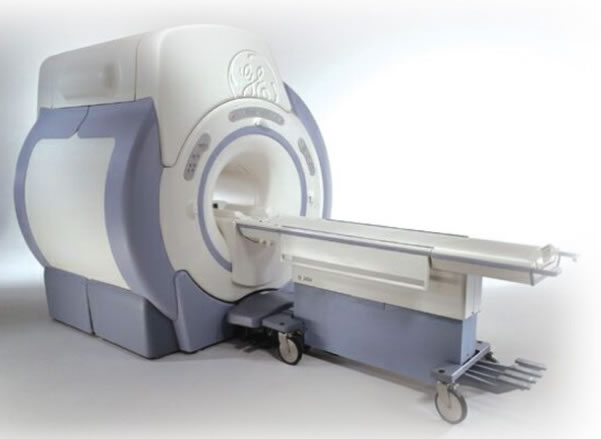Diagnosis of colorectal cancer is via tumor biopsy typically done during sigmoidoscopy or colonoscopy. The extent of the disease is then usually determined by a CT scan of the chest, abdomen and pelvis. There are other potential imaging test such as PET and MRI which may be used in certain cases. Colon cancer staging is done next and based on the TNM system which is determined by how much the initial tumor has spread, if and where lymph nodes are involved, and if and how many metastases there are.
The treatment of colorectal cancer depends on how advanced it is. When colorectal cancer is caught early surgery can be curative.However, when it is detected at later stages (metastases are present), this is less likely and treatment is often directed more at extending life and keeping people comfortable.
1.) Surgery
For people with localized cancer the preferred treatment is complete surgical removal with the attempt of achieving a cure. This can either be done by an open laparotomy or sometimes laparoscopically. If there are only a few metastases in the liver or lungs they may also be removed. Sometimes chemotherapy is used before surgery to shrink the cancer before attempting to remove it. The two most common sites of recurrence if it occurs is in the liver and lungs.

2.) Chemotherapy
Chemotherapy may be used in addition to surgery in certain cases as adjuvant therapy. If cancer has entered the lymph nodes adding the chemotherapy agents fluorouracil, or capecitabine increases life expectancy. If the lymph nodes do not contain cancer the benefits of chemotherapy are controversial. If the cancer is widely metastatic or unresectable, treatment is then palliative. Typically in this case a couple of different chemotherapy medications are used. Chemotherapy drugs may include combinations of agents including fluorouracil, capecitabine, UFT, leucovorin, irinotecan, or oxaliplatin.
4.) Radiation
While a combination of radiation and chemotherapy may be useful for rectal cancer, its use in colon cancer is not routine due to the sensitivity of the bowels to radiation.

5.) Palliative care
In people with incurable colorectal cancer, palliative care can be considered for improving quality of life. Surgical options may include non-curative surgical removal of some of the cancer tissue, bypassing part of the intestines, or stent placement. These procedures can be considered to improve symptoms and reduce complications such as bleeding from the tumor, abdominal pain and intestinal obstruction.Non-operative methods of symptomatic treatment include radiation therapy to decrease tumor size as well as pain medications.
* The information is only for reference purposes only , the disease varies from person to person, it is inappropiate to use drugs without doctor's instructions, if you need any assistances or inquiries, please call 2117 0926
